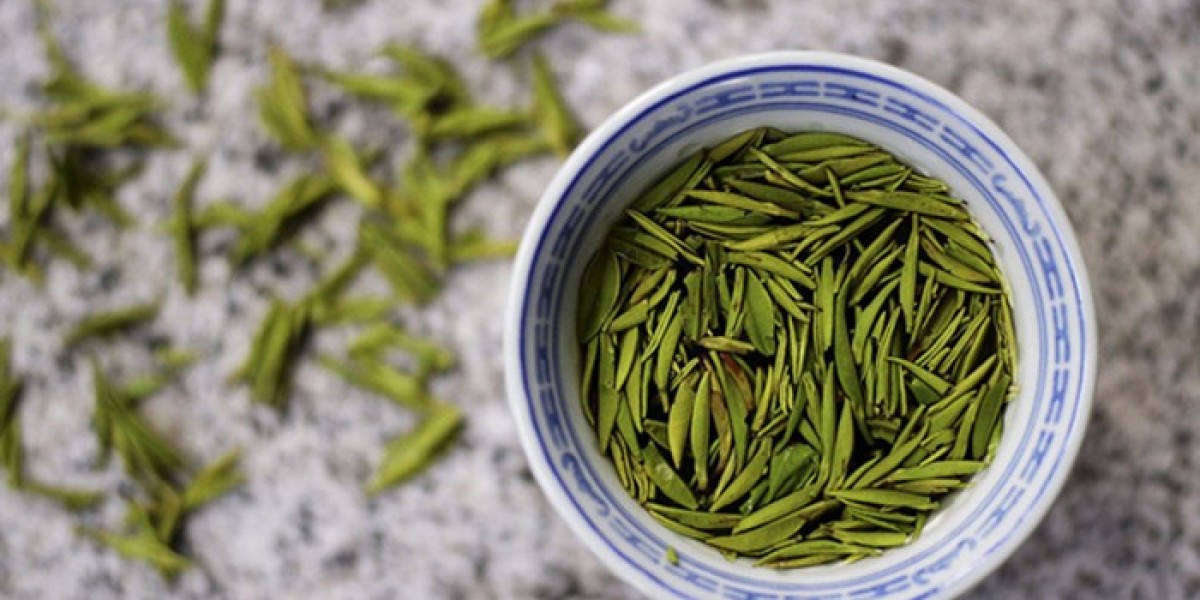1. Tea Smuggling & the “Flying Cash” System
Tea bricks were used as currency along the Silk Road.
Merchants developed “feiqian” (飞钱), an early banking system, to avoid carrying heavy tea.
Pirates & Bandits: Caravans were often attacked for their tea cargo.
2. The Great British Tea Heist
Robert Fortune, a British botanist, disguised himself as a Chinese merchant in 1848 to steal tea plants & secrets from Fujian.
This led to India’s tea industry, destroying China’s monopoly.
Fun Fact: The stolen tea plants were planted in Darjeeling & Assam, now world-famous regions.
Want real Chinese tea, not colonial-era imitations? Try TeaTeaPot’s authentic Fujian oolongs.
3. The Opium Wars & the Fall of the Tea Empire
Britain’s tea addiction led to opium trafficking to pay for it.
China’s ban on opium triggered the Opium Wars, forcing unfair treaties.
Result: Hong Kong was ceded to Britain, and tea production spread globally.
Rediscover China’s original tea heritage with TeaTeaPot’s traditional loose-leaf teas—no smuggling required!





